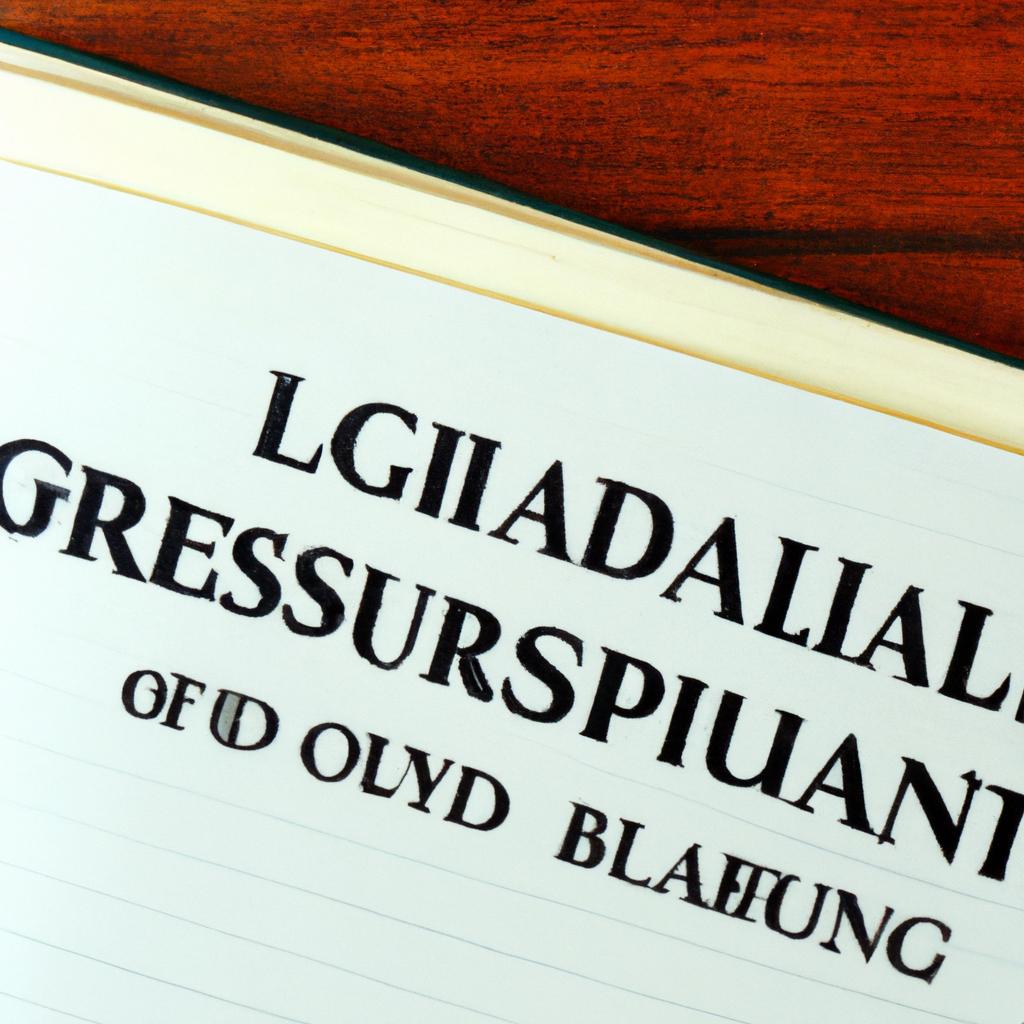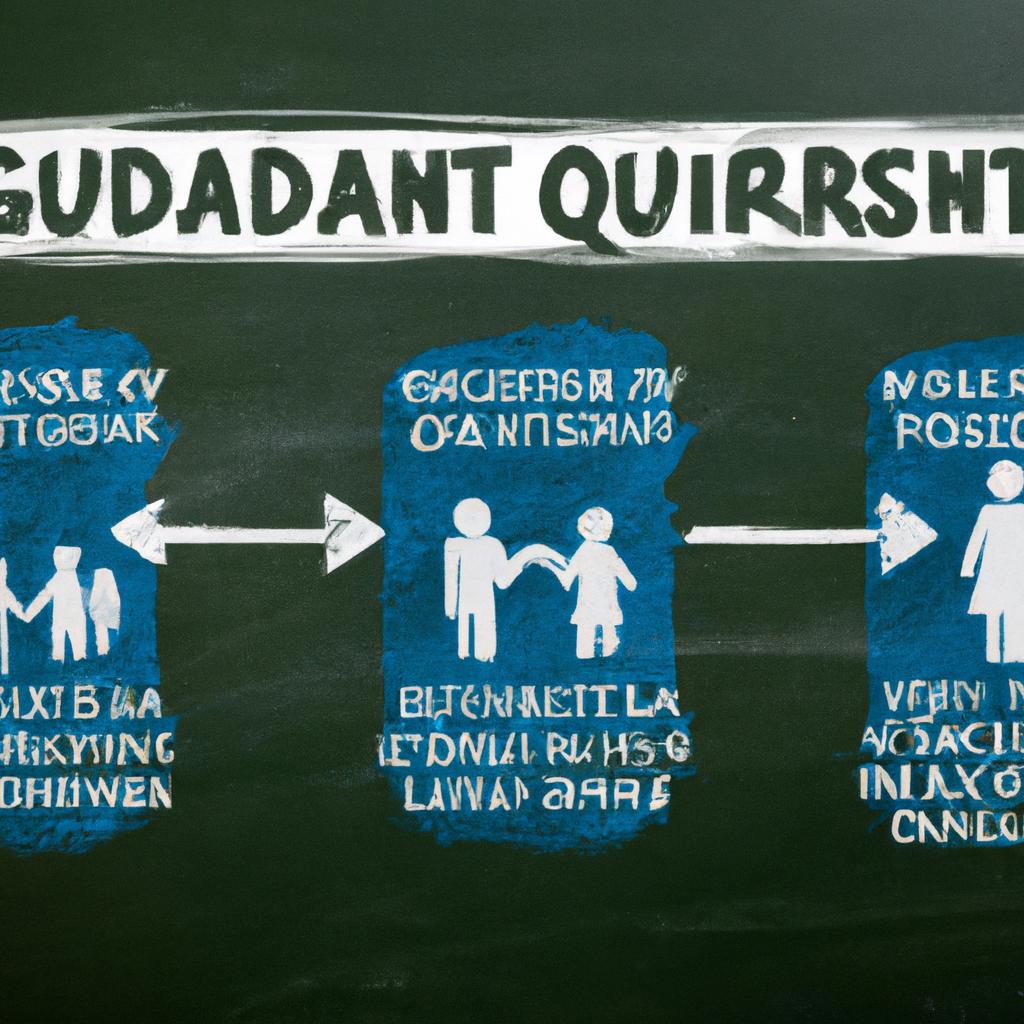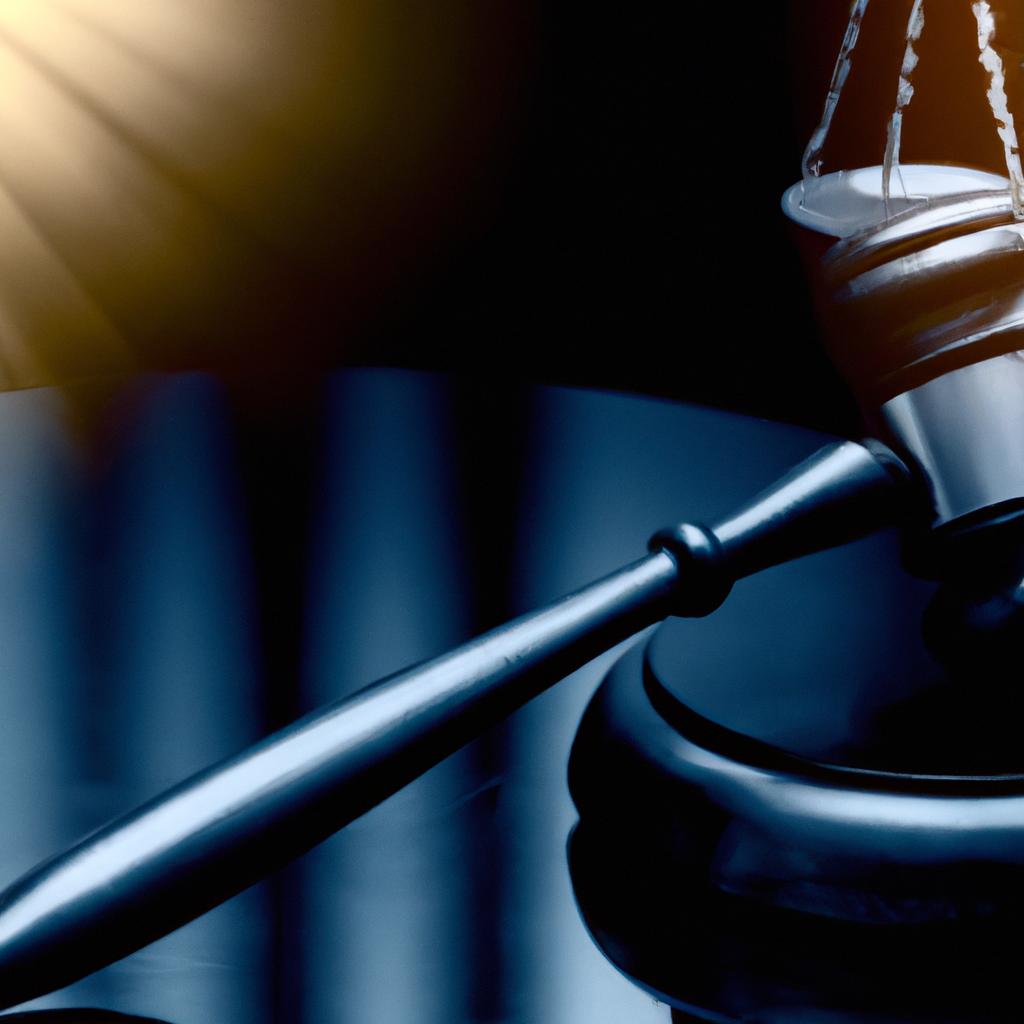In the realm of family law, navigating the complexities of legal guardianship and joint custody can prove to be a daunting task for many. As seasoned legal practitioners, we at Morgan Legal Group understand the intricacies of these important legal concepts and are dedicated to guiding our clients through the nuances of each. Whether you are seeking clarity on the responsibilities and rights associated with legal guardianship or the intricacies of joint custody arrangements, our team is here to provide expert counsel and support in your journey towards a resolution. Join us as we delve into the distinctions between legal guardianship and joint custody, shedding light on the key differences and implications of each.
Legal Guardianship: Understanding the Responsibilities and Authority
When it comes to family law matters, understanding the difference between legal guardianship and joint custody is essential. Legal guardianship involves a court-appointed individual who is responsible for making decisions on behalf of a minor or incapacitated person. This individual is granted legal authority to make important decisions regarding the individual’s healthcare, education, and overall well-being. In contrast, joint custody typically refers to a situation where both parents share legal and physical custody of their children, and both have the right to make decisions regarding the children’s upbringing.
One key distinction between legal guardianship and joint custody is that legal guardianship typically involves a third party who is not the child’s biological parent. This third party may be a relative, family friend, or court-appointed individual. In joint custody arrangements, both parents share the responsibility for making decisions about their children. It’s important to consult with an experienced family law attorney, like those at Morgan Legal Group in New York City, to understand the specific responsibilities and authority associated with legal guardianship and joint custody.

Joint Custody: Navigating Co-Parenting Arrangements After Divorce
In co-parenting arrangements after a divorce, it is crucial to understand the difference between legal guardianship and joint custody. Legal guardianship refers to a court-appointed individual who is responsible for the care and decision-making of a child, whereas joint custody involves both parents sharing the responsibilities and decisions regarding their child’s upbringing.
When navigating co-parenting arrangements, it is important to consider the following factors:
- Communication: Maintaining open and effective communication with your co-parent is essential for successful co-parenting.
- Consistency: Creating consistency in parenting styles and rules between households can help provide stability for the child.
- Flexibility: Being flexible and willing to compromise with your co-parent can help avoid conflicts and create a positive co-parenting relationship.

Determining the Best Option: Factors to Consider in Choosing Between Legal Guardianship and Joint Custody
When deciding between legal guardianship and joint custody, there are several crucial factors to consider that will ultimately determine the best option for your specific situation. It is important to carefully weigh these factors to ensure that the decision made is in the best interest of the child involved.
- Child’s Best Interest: The primary consideration should always be the well-being and best interest of the child. Consider which arrangement will provide the most stability, emotional support, and opportunities for the child’s growth and development.
- Relationship Dynamics: Assess the relationship dynamics between the child and the potential guardians or co-parents. Consider factors such as communication, cooperation, and ability to co-parent effectively for the benefit of the child.

Recommendations for Establishing Effective Legal Arrangements for the Care of Minor Children
Legal Guardianship vs Joint Custody
When it comes to establishing effective legal arrangements for the care of minor children, it is crucial to understand the differences between legal guardianship and joint custody. Both options have their own set of benefits and considerations that must be carefully evaluated in order to make the best decision for the children involved.
Legal guardianship involves appointing a responsible adult to make decisions on behalf of the child in all matters related to their care, well-being, and upbringing. On the other hand, joint custody typically refers to both parents sharing legal and physical custody of the child, allowing them to make decisions together regarding the child’s upbringing. Each option has its own set of pros and cons, and it is important to consult with a legal professional to determine which arrangement is best suited for your specific situation.
Q&A
Q: What is legal guardianship and joint custody?
A: Legal guardianship refers to a legal relationship where a person is appointed to care for and make decisions on behalf of a minor or incapacitated individual. Joint custody, on the other hand, is a custody arrangement where both parents have equal rights and responsibilities in making decisions about their child’s upbringing.
Q: What are the main differences between legal guardianship and joint custody?
A: The main difference between legal guardianship and joint custody lies in the level of authority and responsibility granted to the guardian or parent. In legal guardianship, the guardian has full decision-making authority over the individual under their care, whereas in joint custody, both parents share decision-making responsibilities for their child.
Q: When is legal guardianship preferred over joint custody?
A: Legal guardianship is typically preferred when one or both parents are unable to care for their child due to factors such as incarceration, substance abuse, or mental illness. In these cases, a guardian is appointed to provide a stable and nurturing environment for the child.
Q: How is the process of establishing legal guardianship different from obtaining joint custody?
A: The process of establishing legal guardianship involves petitioning the court to appoint a guardian for a minor or incapacitated individual. This typically requires a thorough evaluation of the guardian’s ability to care for the individual in question. In contrast, obtaining joint custody involves negotiating a custody agreement with the other parent and submitting it to the court for approval.
Q: What are the rights and responsibilities of legal guardians and parents with joint custody?
A: Legal guardians have the legal authority to make decisions about the education, healthcare, and general welfare of the individual under their care. Parents with joint custody share these responsibilities and are required to work together to make decisions about their child’s upbringing.
The Way Forward
In conclusion, deciding between legal guardianship and joint custody can be a complex and emotionally charged process. Each arrangement has its own set of benefits and considerations that must be carefully weighed in order to determine the best solution for all parties involved. While legal guardianship may provide more stability and control for the guardian, joint custody allows for shared responsibility and greater involvement from both parents. Ultimately, the most important factor in any custody decision should be the well-being and best interests of the child. By approaching this decision with open communication, empathy, and a focus on the child’s needs, families can work towards creating a harmonious and supportive environment for all involved.

